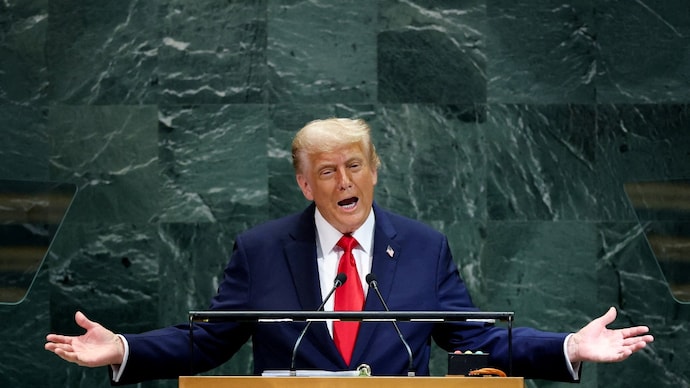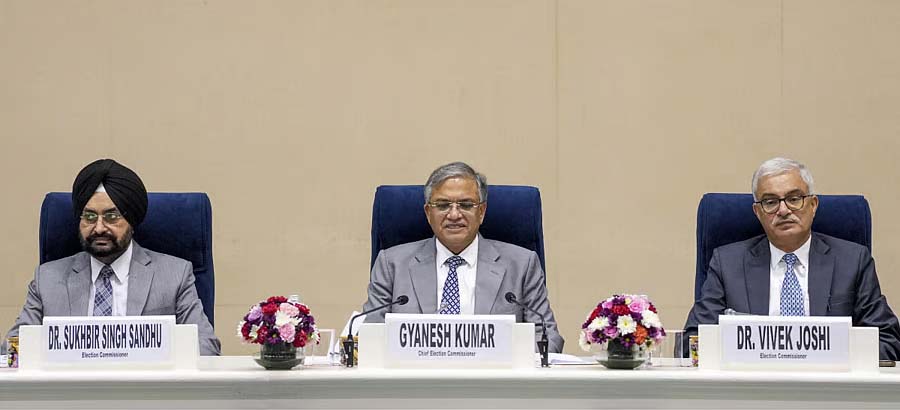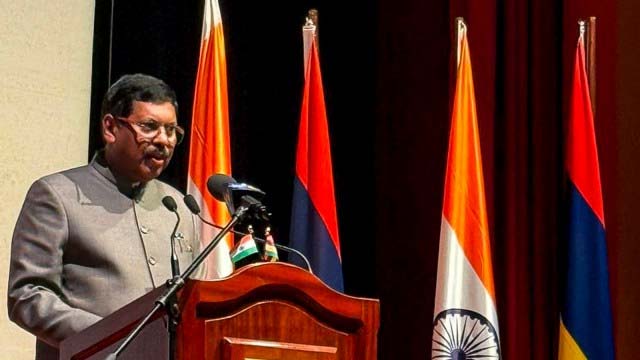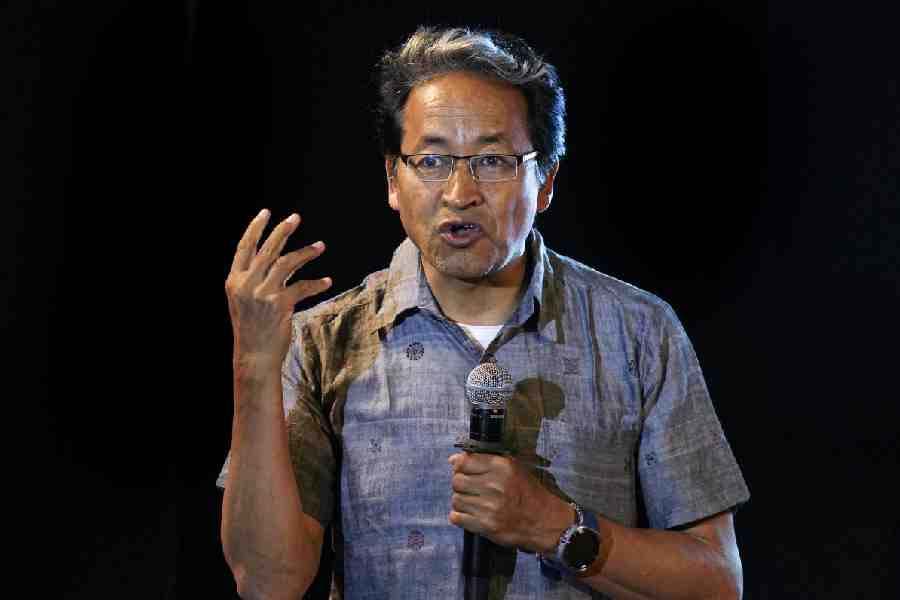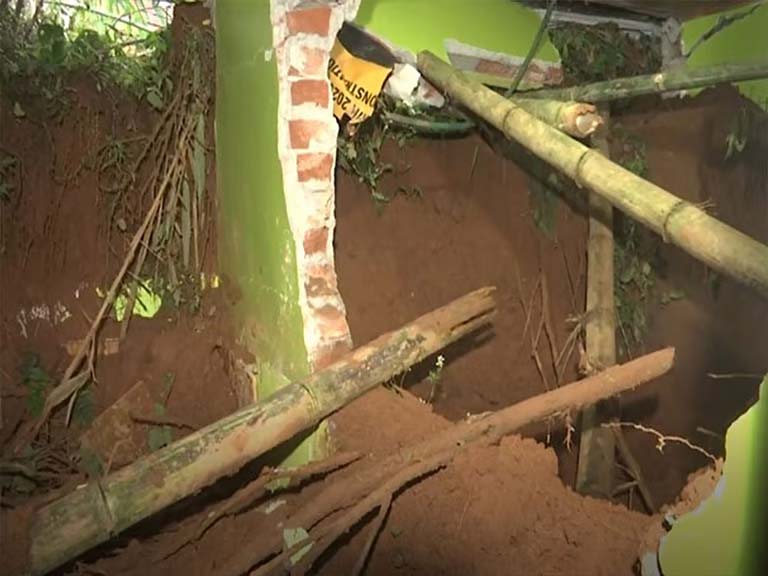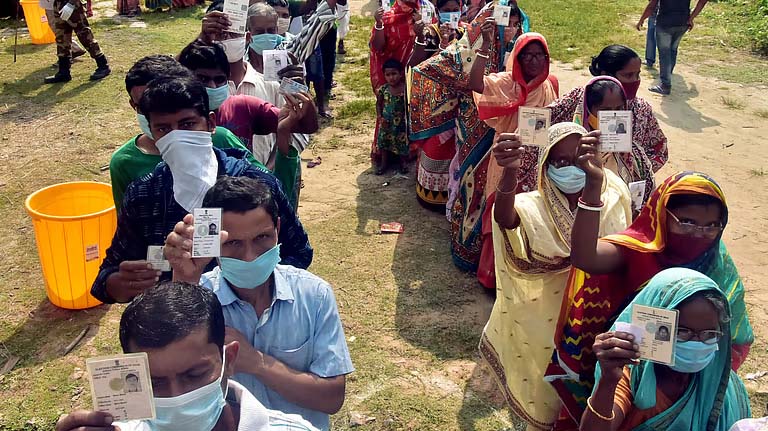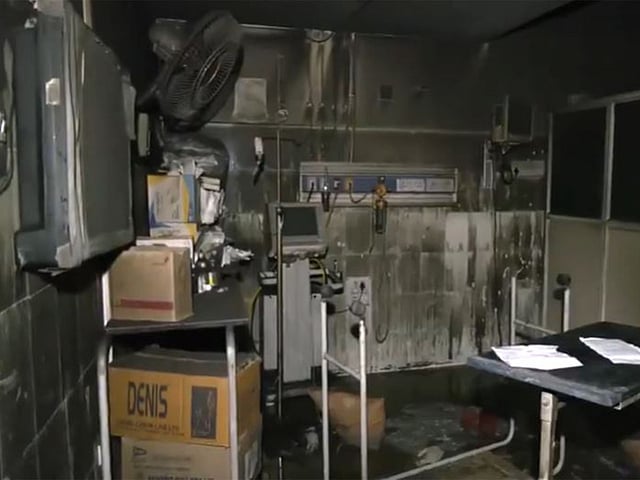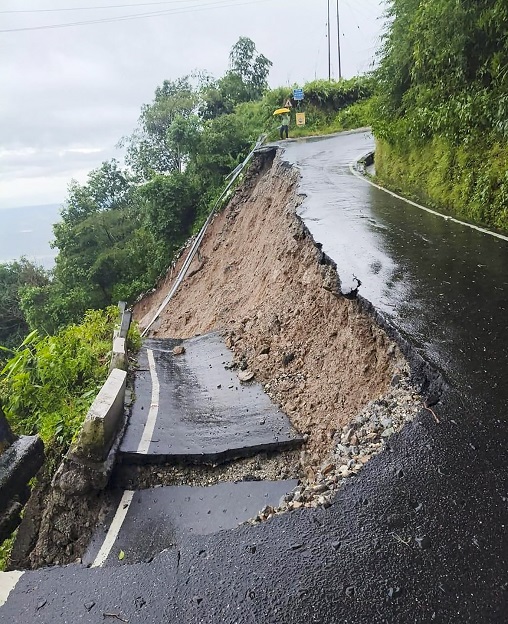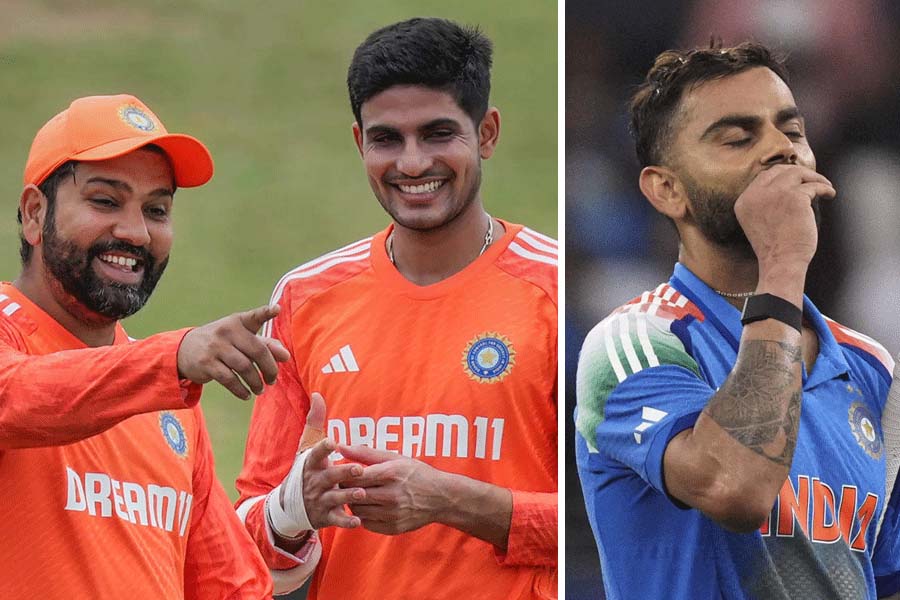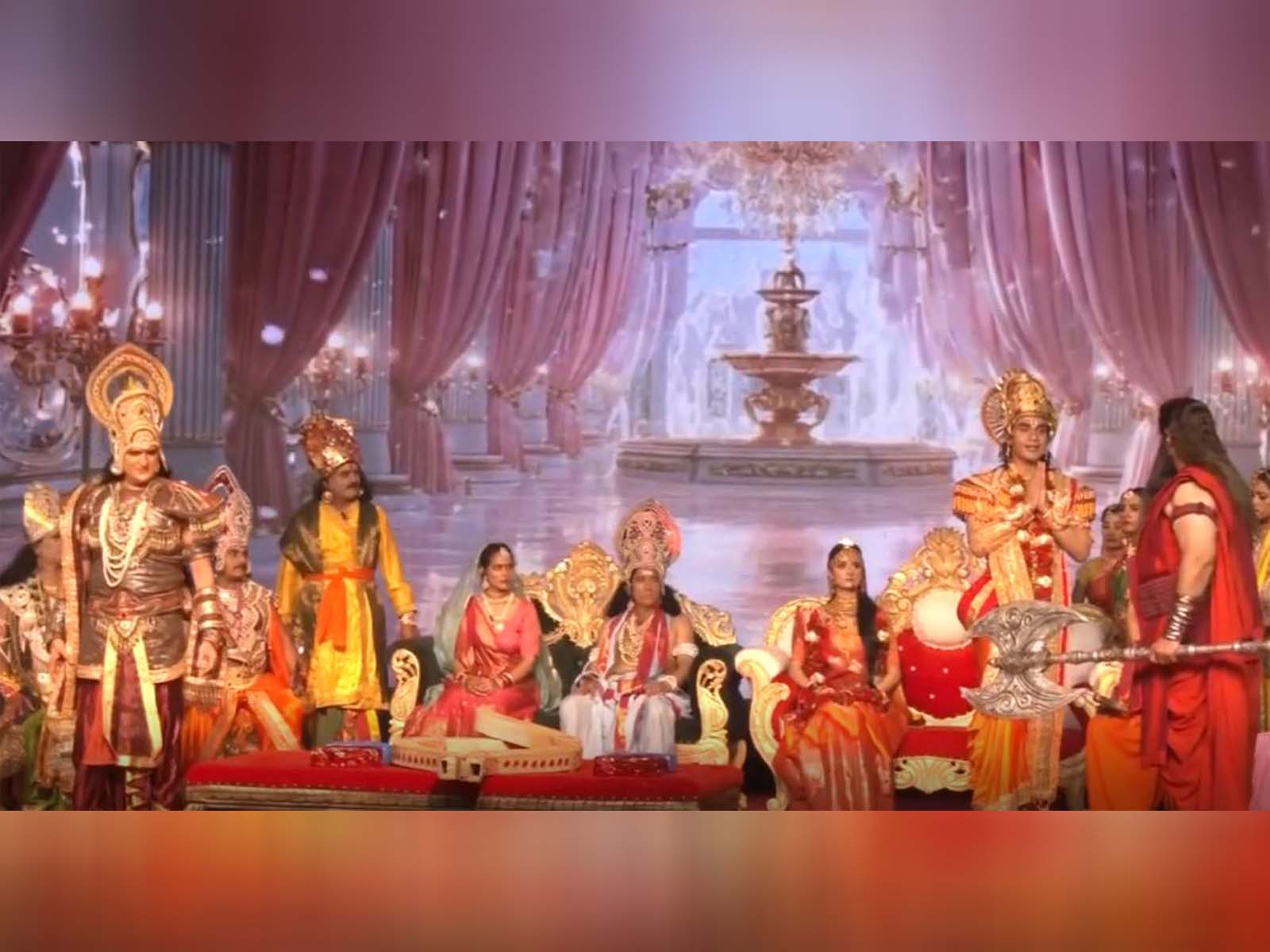Sri Lankan lawmakers elect Ranil Wickremesinghe as new president after high-voltage political drama


Public Lokpal
July 20, 2022
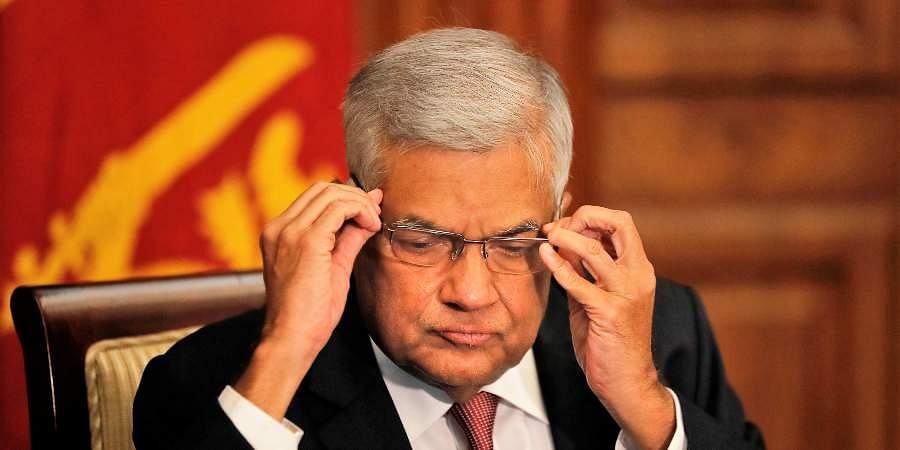

Sri Lankan lawmakers elect Ranil Wickremesinghe as new president after high-voltage political drama
Colombo : Acting President Ranil Wickremesinghe was on Wednesday elected as Sri Lanka's new President by Parliament, following a high-voltage political drama which saw his predecessor Gotabaya Rajapaksa fleeing the country and resigning after a popular uprising against his government for mismanaging the economy.
The 73-year-old six-time former prime minister secured 134 votes in the 225-member House while his nearest rival and dissident ruling party leader Dullas Alahapperuma got 82.
Leftist Janatha Vimukthi Peramuna leader Anura Kumara Dissanayake secured just three votes.
Speaker Mahinda Yapa Abeywardena announced the result.
Wickremesinghe thanked Parliament for upholding democratic practices and sought support from both the presidential rivals as well as former presidents Mahinda Rajapaksa and Maithripala Sirisena.
He also asked Tamil leaders to join him.
"Now that the election is over we have to end this division… From now on I am ready to have a dialog with you," he said.
He said the country was in a perilous state and the youth clamours for a change.
Wickremesinghe, who has been leading the crucial talks with the International Monetary Fund, last week said that negotiations were nearing conclusion, and discussions for assistance with foreign countries was also progressing.
The new President will have a mandate to serve out the rest of Rajapaksa's term, which ends in November 2024.
Earlier, the voting by secret ballot took place amidst tight security in the wake of the simmering tensions in the island nation triggered by the unprecedented economic and political crisis.
In the crucial election, 223 lawmakers voted while two MPs abstained.
Four votes were rejected while 219 were declared valid.
Wickremesinghe maintained a close edge as a number of MPs had pledged their support to him while his rival Alahapperuma had received crucial backing from the Opposition parties as well as a majority of lawmakers from his parent party - Sri Lanka Podujana Peramuna (SLPP).
Alahapperuma's name was proposed by the Leader of the Opposition Sajith Premadasa and Member of Parliament G L Peiris seconded it.
Wickremesinghe's name was proposed by the Leader of the House and minister Dinesh Gunawardena and MP Manusha Nanayakkara seconded it.
Dissanayake's name was proposed by MP Vijitha Herath and MP Harini Amarasuriya seconded it.
Wickremesinghe, who has been in Parliament for nearly five decades, was appointed as prime minister in May, nearly two years after his United National Party (UNP) was routed and failed to win a single seat in the general election held in August 2020.
Widely accepted in political circles as a man who could manage the economy with far-sighted policies, Wickremesinghe is struggling to fix the economy which, he said, had collapsed at the time of his appointment in May.
He was sworn in as acting president on July 13 after President Rajapaksa fled to the Maldives and then to Singapore from where he resigned in the face of public revolt against his government's mishandling of the country's economy.
Wickremesinghe, who is believed to be close to India and its leaders, has held many important posts during his political career spanning four and half decades.
This is for the first time in 44 years that Sri Lanka's Parliament has directly elected a president.
Presidential elections in 1982, 1988, 1994, 1999, 2005, 2010, 2015 and 2019 had elected them by popular vote.
The only previous occasion when the presidency became vacant mid-term was in 1993 when president Ranasinghe Premadasa was assassinated.
DB Wijetunga was unanimously endorsed by Parliament to run the balance of Premadasa's term.
The economic crisis also sparked a political crisis in the country after a popular uprising against the government.
The island nation off the tip of southeast India needs about USD 5 billion in the next six months to cover basic necessities for its 22 million people, who have been struggling with long queues, worsening shortages and power cuts.
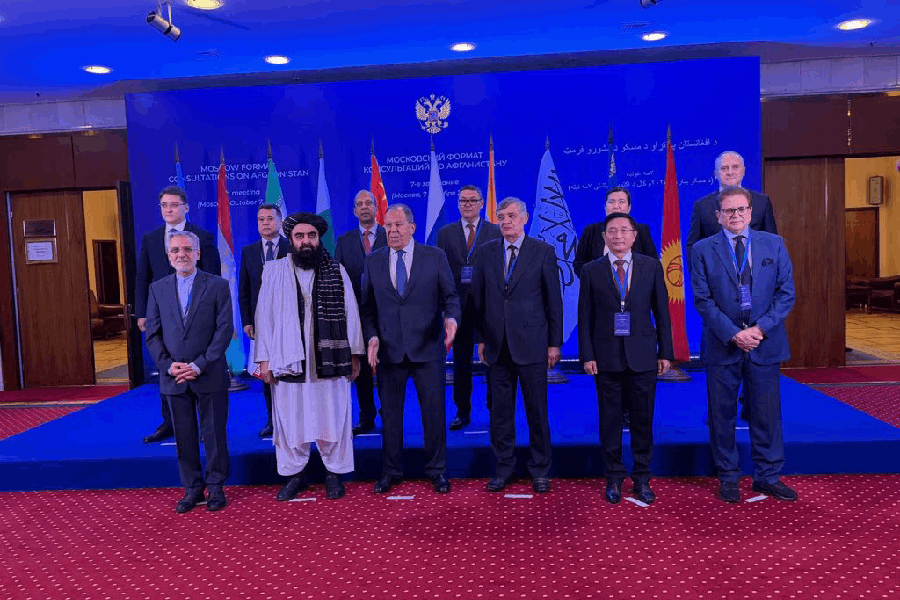
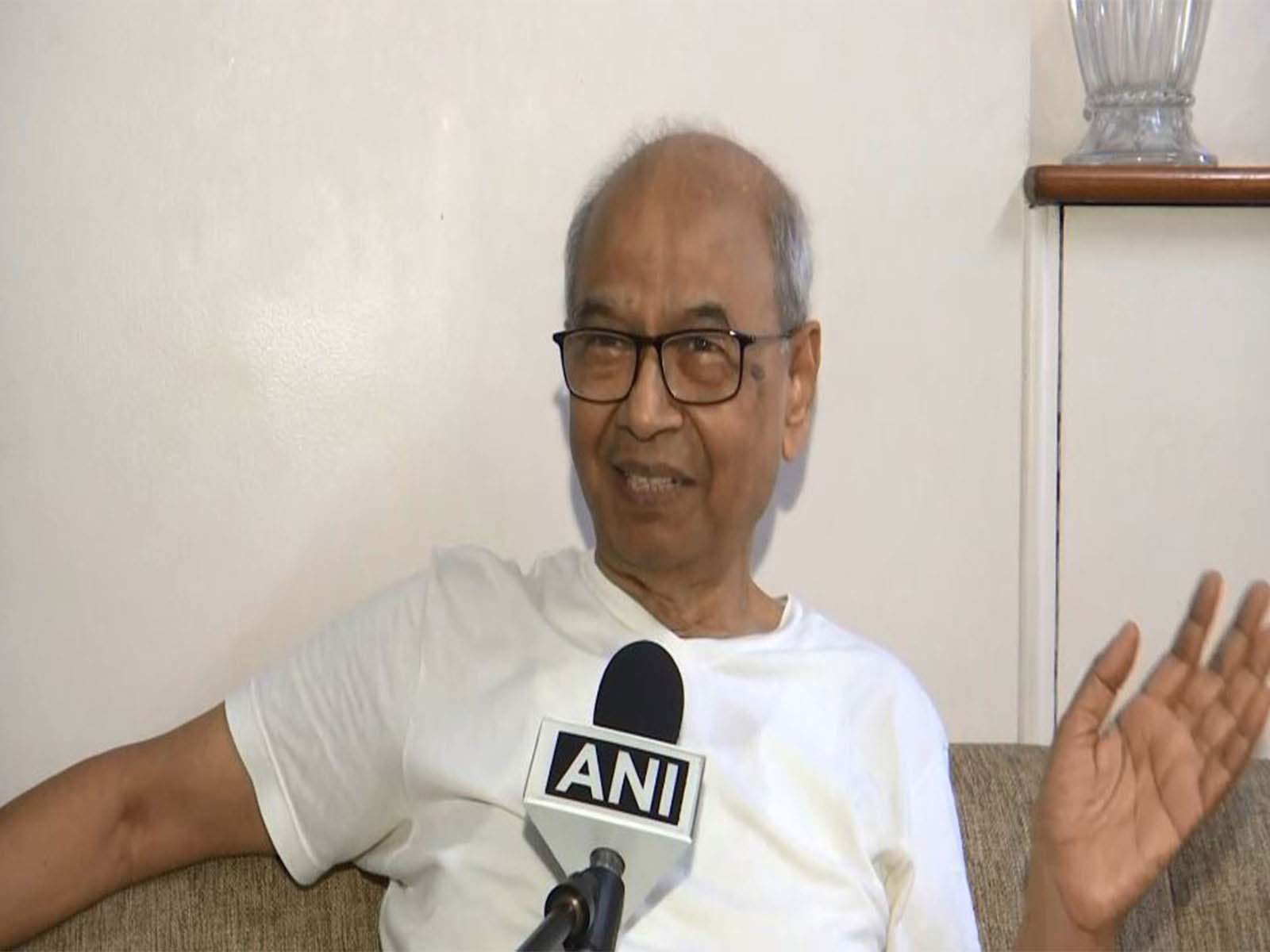
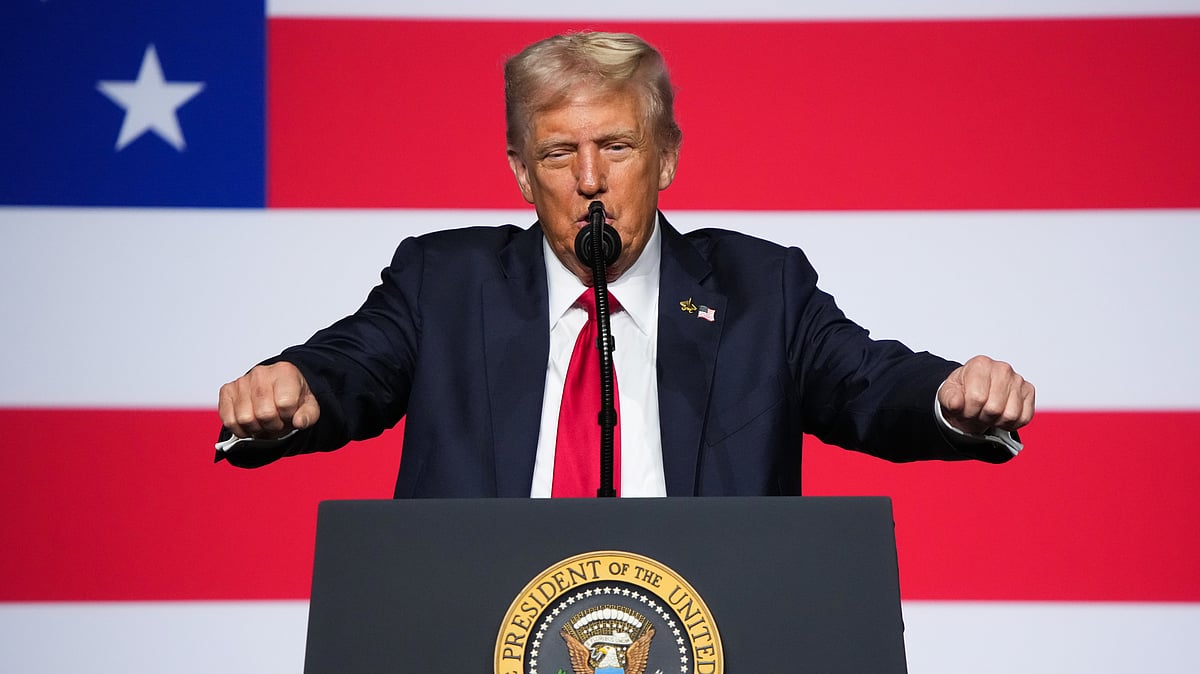



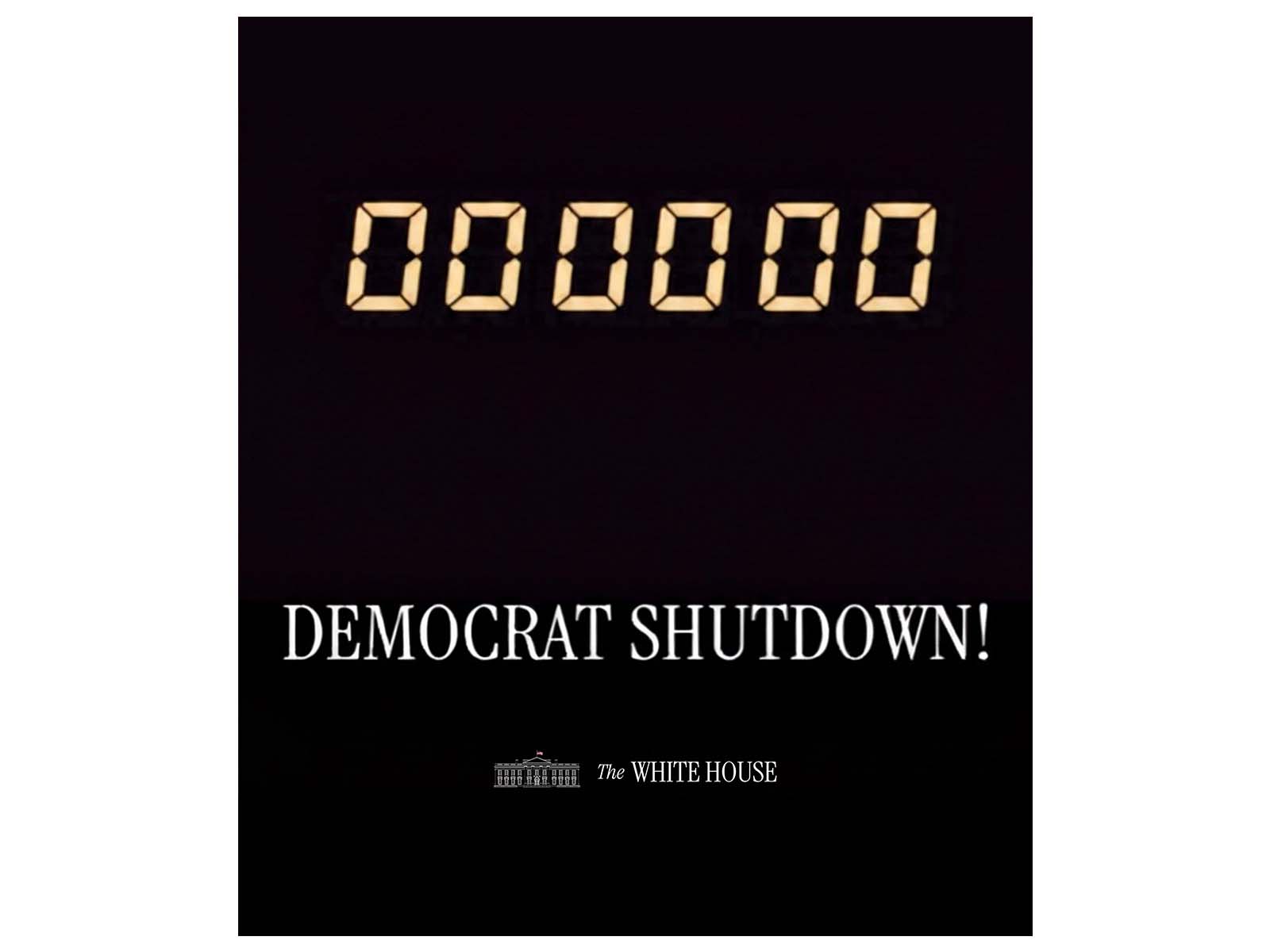
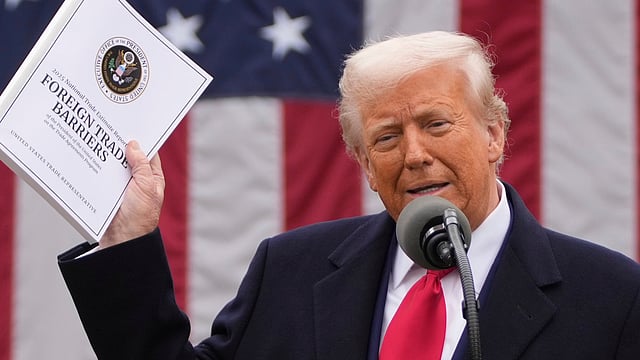
.jpeg)
